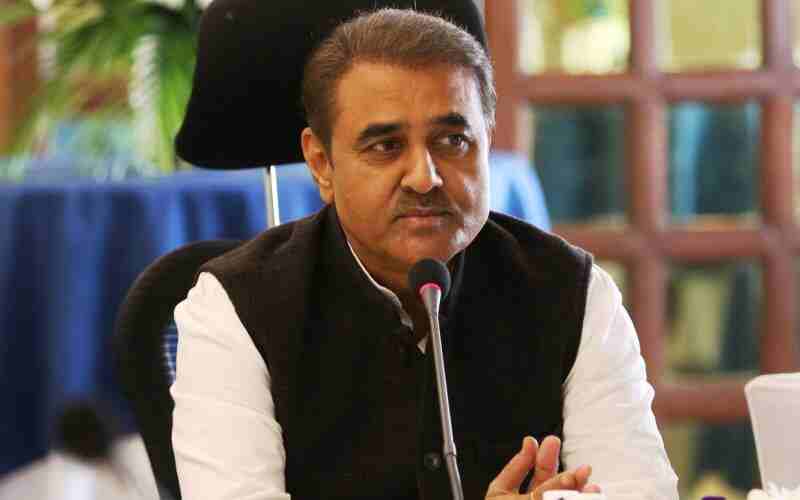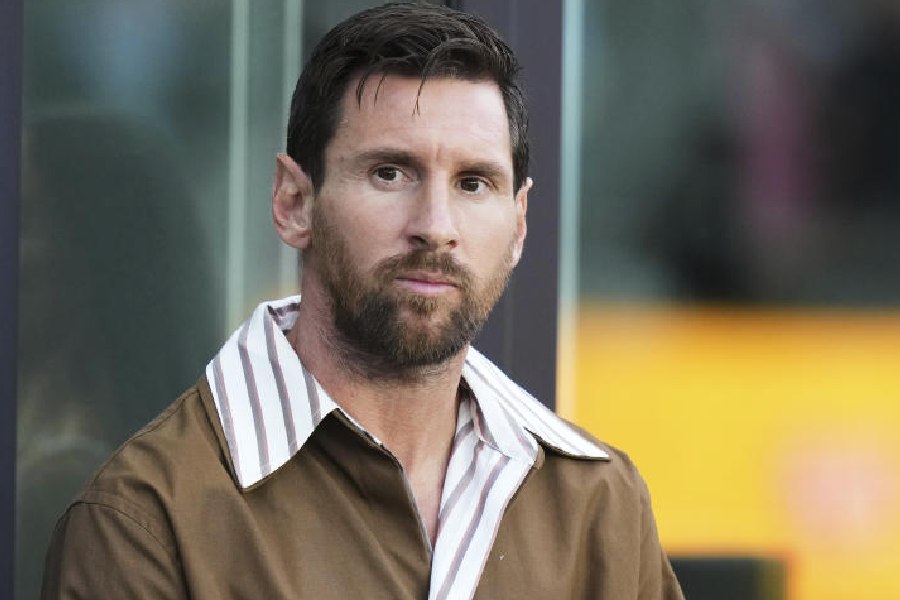The referee has blown the final whistle. The game is over. The Supreme Court has appointed a Committee of Administrators to take over the functioning of the All India Football Federation, red-carding the body’s president, Praful Patel, and his executive committee from power. Mr Patel’s term officially ended in 2020, but he and his team had remained in office amid growing criticism of the AIFF’s refusal to adhere to the norms laid out in the National Sports Code. The apex court’s decision mirrors its appointment of a CoA in 2017 to manage the affairs of the Board of Control for Cricket in India and introduce reforms recommended by a committee under Justice R.M. Lodha. That precedent should empower the new CoA with the knowledge that it has the Supreme Court’s full support to try and bring change to Indian football. But it will equally serve as a cautionary tale of just how resistant Indian sports governance is to true, systemic reform.
For decades, businessmen, politicians and their scions have run Indian sports bodies like feudal fiefs where professionalism is, at best, paid lip service. Corruption and nepotism rule over talent and integrity. Sportsmen, sportswomen and teams that win laurels for the nation do so despite the system, not because of it. The cricket CoA, under the former Comptroller and Auditor General, Vinod Rai, managed to introduce a new Constitution in keeping with the National Sports Code. Rules governing conflict of interest in the sport are now in place. But since then, the BCCI has rolled back some of the attempts at bringing transparency and accountability to the sport’s governance. The board’s top two office-holders, Sourav Ganguly and Jay Shah, were supposed to step down in 2020 under the BCCI’s Constitution: they are still in power. While Mr Ganguly is one of India’s most successful cricket captains, Mr Shah’s principal calling card, it is alleged, is his political lineage. India Cements, which was forced to give up ownership of the Chennai Super Kings team, following allegations of conflict of interest involving its owner, N. Srinivasan, has found a roundabout way to retain control of the side through an intermediary firm. The CoA for football should not expect its challenges to be very different. There might be less money at stake in football than in cricket in India, but the vested interests that have dominated the sport’s administration are just as entrenched. Uprooting them will not be easy.











